year, Wang Yulan, the official wife of Duke Zhen, gave birth to a pair of rare fraternal twins.
The elder brother was named Ming Huazhang, and the younger sister was named Ming Huashang.
Unfortunately, Wang Yulan collapsed from excessive bleeding post-birth and passed out before she could even see the children.
This gave an evil servant a chance to cause trouble.
When Duke Zhen named the children, he didn’t know that the younger sister of the fraternal twins had been switched.
’
This evil servant happened to be Wang Yulan’s wetnurse, Su-shi8.
Everyone from the inner courtyard had to respectfully call her momo9 Su.
Although momo Su was a noble family’s servant, in fact, she owned land in the countryside, so she had some personal wealth.
However, this bit of family property was nothing in comparison to the Duke manor.
It just so happened that momo Su’s daughter-in-law gave birth to a daughter; she was stealthy and secretly swapped the two children.
She let Ming Huashang, who was supposed to be the daughter of a common farmer, enjoy seventeen years of wealth and honor in Luoyang, while the real daughter of the Duke manor lived among the commoners, settled down in the countryside, and became a servant’s granddaughter, Su Yuji.
Seventeen years later, Su Yuji, a girl raised by a common farmer, yet still grew up to become outstanding, found out the truth and went to the door of the Ming family herself.
Only then did Duke Zhen learn that the di young miss who had lived with him for seventeen years was a fake.
T/N: Since this novel is set in a real period of ancient China, loosely follows that period’s timeline of events, and even uses real historical figures, I thought it would be worthwhile to try and explain how some of these events and people were significant and a little bit of their history in the footnotes.
’
Also, I’ll do a daily release for all the parts of Chapter 1, so stay tuned.
Enjoy!
Footnotes
圣历 (sheng li): December 20, 697 – May 26, 700.
This was Wu Zetian’s tenth-era title after she proclaimed herself emperor.
She was the only female sovereign in the history of China to be widely regarded as legitimate and to take on the title huangdi (emperor) which has always been reserved for men. 嫡(di): status for children born from the legal wife.
In contrast with 庶 shu children that are born from concubines; di children got priority in all matters, including succession When a family’s patriarch and matriarch passes away it is customary for the sons to separate into their own independent houses (along with their own family); each son (regardless of whether they’re di or shu) is the head of his own branch.
The eldest son is the main branch, the second eldest is the second branch, the third eldest is the third branch, etc..
Generally, the main branch head is the di eldest son and will inherit the title. 国公 (Imperial Duke) is the highest ranking title among the 5 aristocratic peerage ranks; it is awarded to generals or high-level civil officials and is different from 民公 (Commoner Duke) who generally lack any real political power.
I will use Imperial Duke and Duke interchangeably throughout my translations. i.e.
1) zither 2) chess/go 3) calligraphy and 4) painting 神都 “the capital of gods” or “divine capital”: the official name of Luoyang during the Zhou Wu dynasty.
Empress Wu Zetian made Luoyang her capital; Luoyang was formerly known as the Eastern Capital before she renamed it to the capital of gods during her reign For those who don’t know, “salted fish” (咸鱼) is often used to describe those who have no great achievements.
In particular, those who joke about themselves as “salted fish” are also aware of their mediocrity. 氏 “shi” means surname, so Su-shi basically means “the one surnamed Su”; this way of denoting will occur more often throughout the novel 嬷嬷 (momo): a special appellation for elder maids
You'll Also Like
-
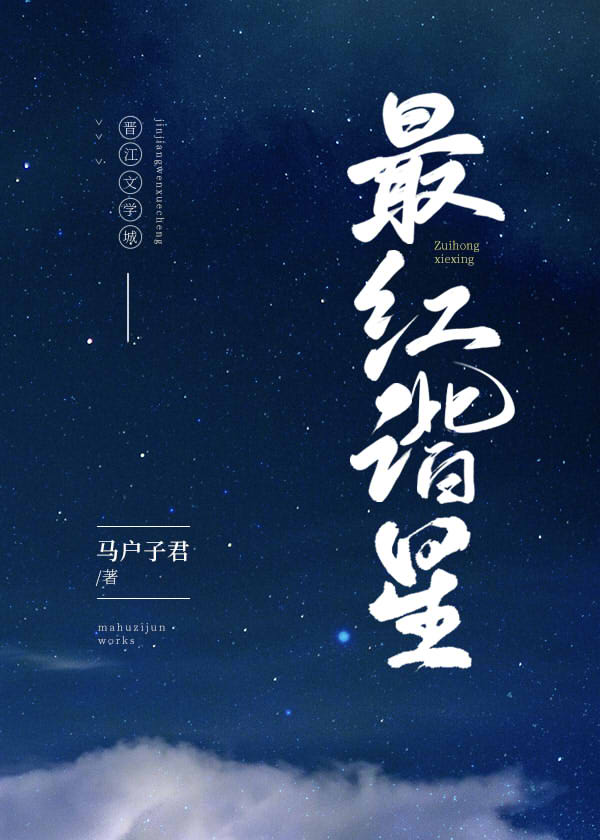
The Most Popular Comedian
Chapter 65 September 3, 2023 -
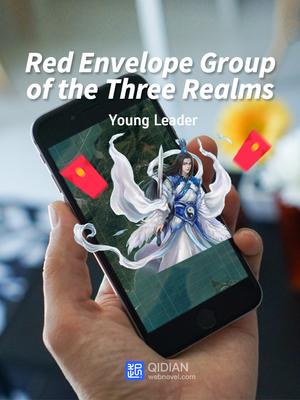
Red Envelope Group of the Three Realms
Chapter 1986 September 1, 2023 -
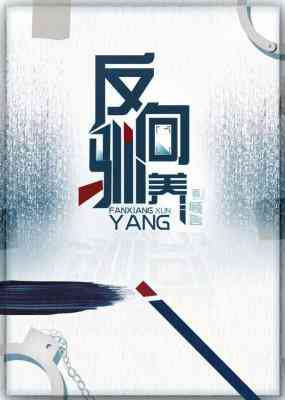
Reverse Domestication
Chapter 39 September 2, 2023 -
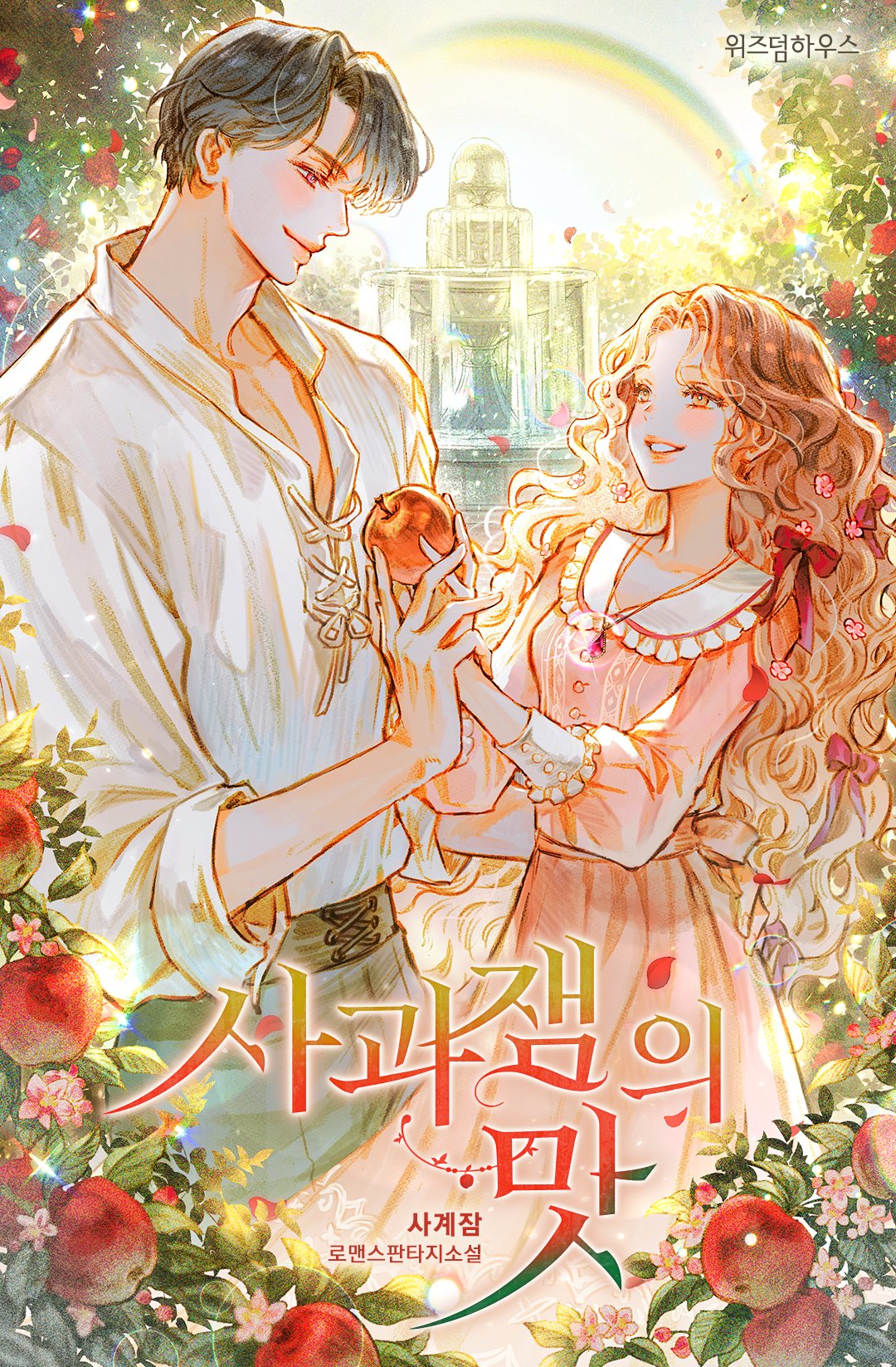
The Taste Of Apple Jam
Chapter 9 August 29, 2023 -
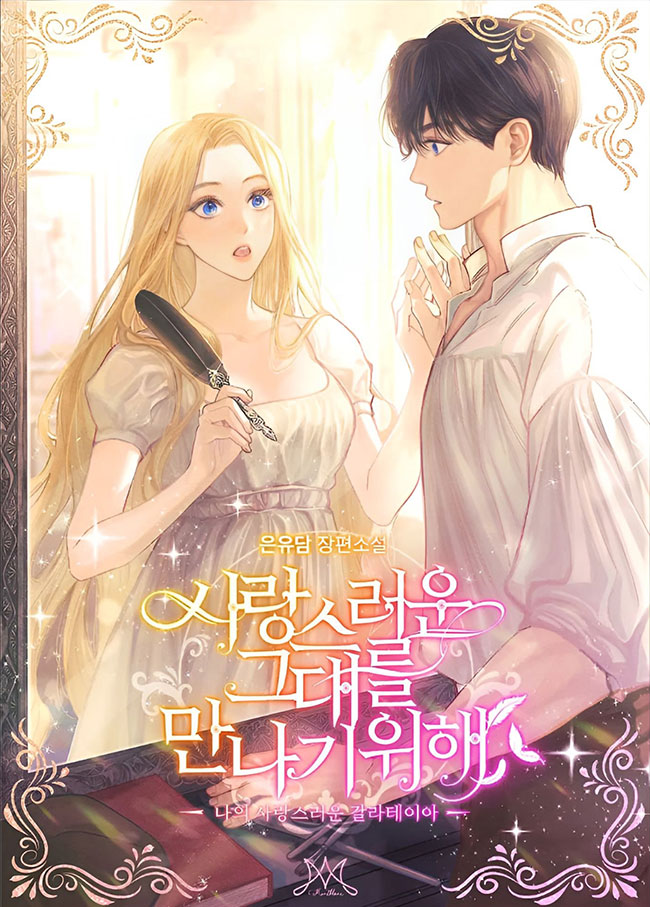
In Order To Meet You, Beloved
Chapter 35 August 28, 2023 -
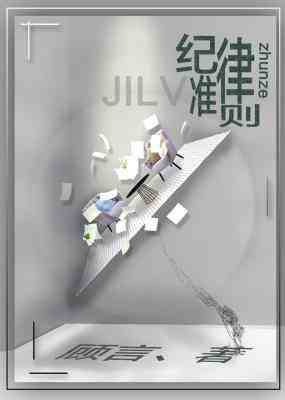
Disciplinary Code
Chapter 65 September 4, 2023 -

The Cat Transformation
Chapter 27 August 26, 2023 -

Chemistry
Chapter 61 August 25, 2023 -
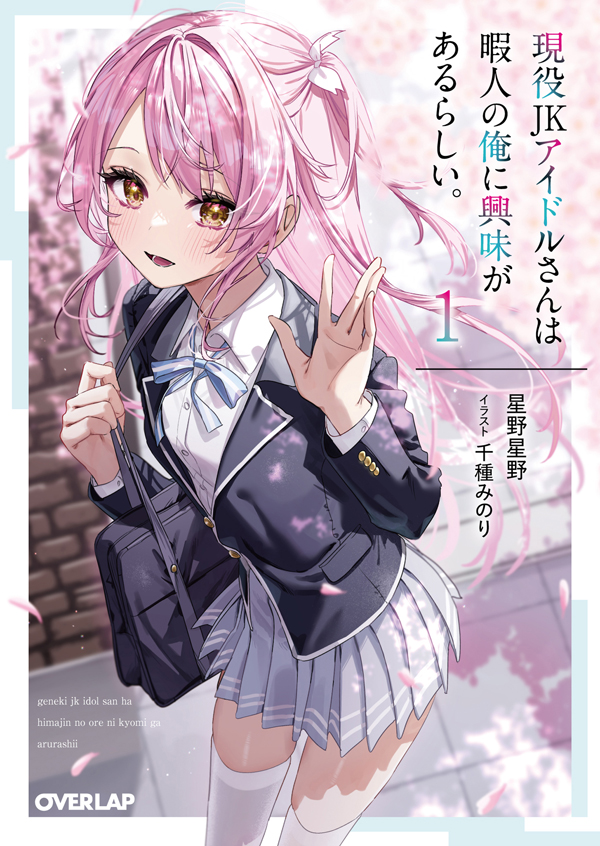
Active JK Idol Seems to be Interested in Me Who is a Free Person.
Chapter 32 August 25, 2023 -
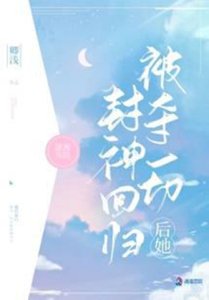
After Being Robbed of Everything, She Returns as a Goddess
Chapter 47 August 25, 2023 -
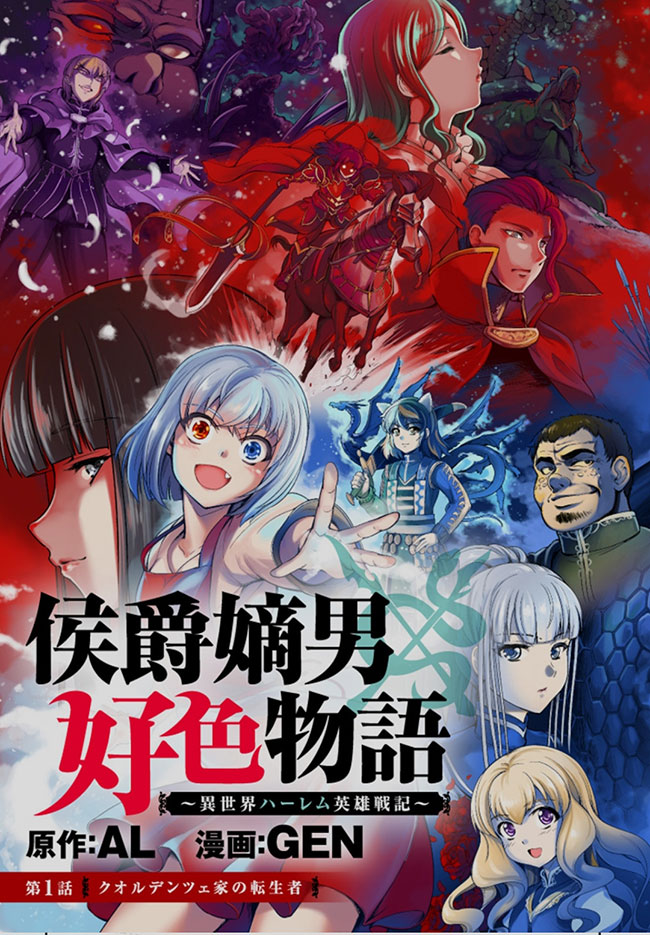
The Marquis’ Eldest Son’s Lascivious Story
Chapter 232 August 26, 2023 -
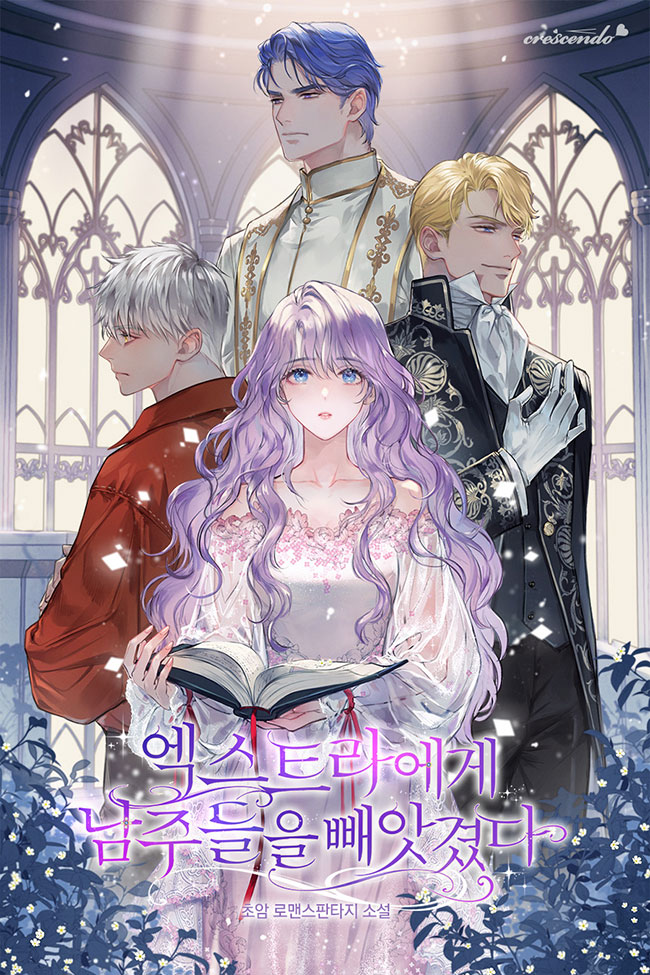
The Male Leads Were Stolen by the Extra
Chapter 13 August 24, 2023
